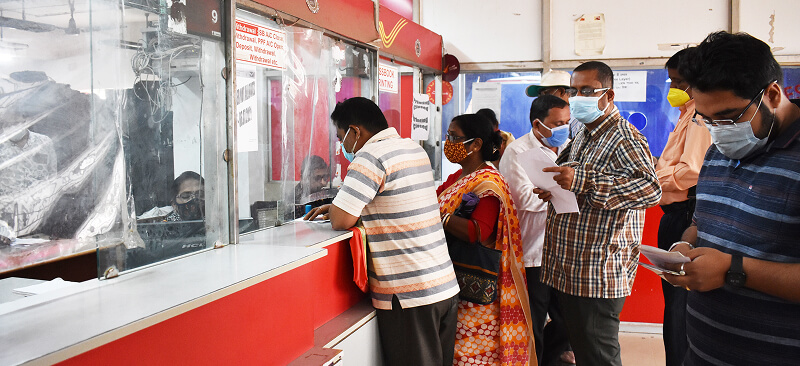The India Post Payments Bank (IPPB) sought to optimize its operations, enhance the adoption of digital financial services (DFS), and improve agent network efficiency. Given its extensive postal banking infrastructure, the IPPB sought to integrate API-driven FinTech solutions, digital lending models, and omnichannel payment products to better serve customers, particularly in rural and underserved areas.
The initiative focused on the expansion of DFS offerings, digitization of bulk payments and merchant transactions, and the integration of FinTech partnerships to enable digital credit solutions. At the time, payments banks in India were not allowed to provide loans directly. Hence, the IPPB needed strategic co-lending models and alternative financing solutions to bridge the credit gap for small businesses and individuals.
MSC played a strategic advisory role in evaluating the IPPB’s agent network performance, product distribution channels, and FinTech partnerships through a nationwide diagnostic study. We identified key areas for improvement within the IPPB’s operations and agent network. Based on these findings, we developed and implemented strategies to optimize agent operations with AI-driven tools to improve digital financial service delivery.
Additionally, MSC designed go-to-market strategies, pricing models, and distribution frameworks for the IPPB’s merchant platform, premium savings products, and gold loan offerings. The MSC team also advised the IPPB on the development of co-lending partnerships and ways to enable collaboration with NBFCs and digital lenders to offer credit-linked financial products to its vast customer base of 110 million account-holders.
MSC’s interventions have helped the IPPB expand its DFS ecosystem. Our efforts increased customer access to seamless digital payments, bundled savings accounts, and alternative lending solutions.
More than 66,000 postal agents have been motivated to offer a revival of dormant account services. More than 900,000 dormant IPPB accounts were revived last FY. This data-driven approach has also led to a behavioral shift for postal agents who now actively offer this service. It offers convenience to postal agents as they do not have to look for new customers and get exact data for the customer for the revival of the account. Since FY 2025, IPPB has removed the increased incentive for the revival of accounts, and still, the last-mile agents continue to revive approximately 2,000 accounts daily.
The Gates Foundation commissioned this project.





